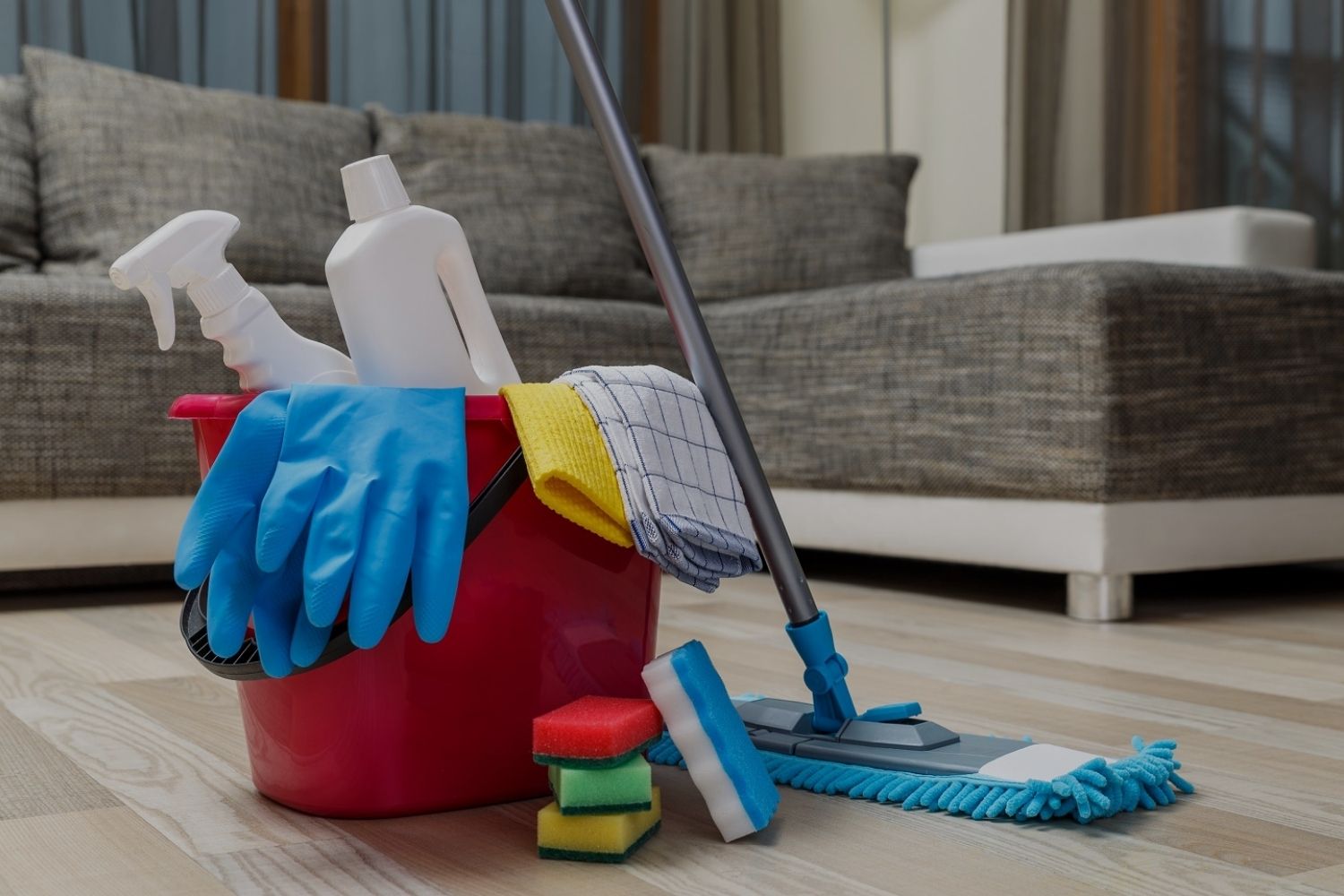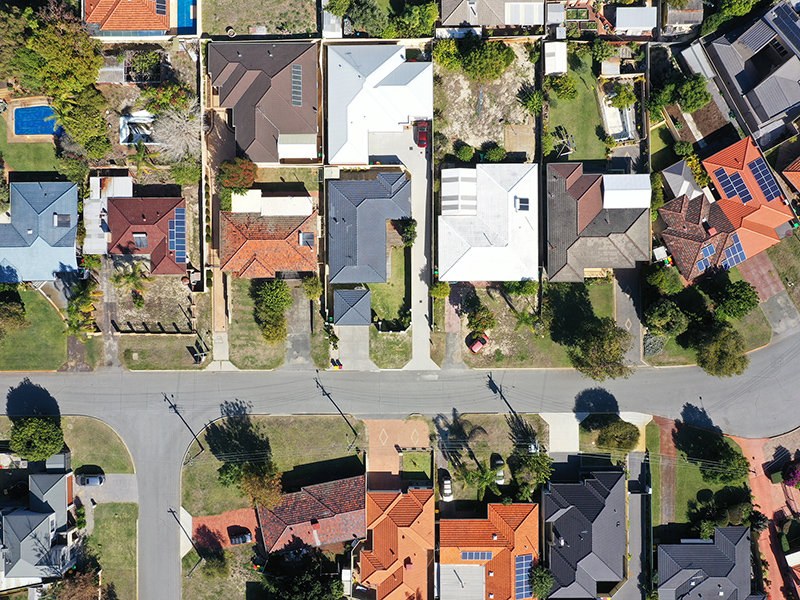
Maximising returns on property cleaning costs
Spring has arrived and many Australians are looking to freshen up their homes or investment properties.
Property investors have the added benefit of claiming their Spring maintenance and cleaning costs as immediate tax deductions but how does this work and what do they need to be aware of to ensure any costs are claimed compliantly?
Defining cleaning and maintenance for investment property
Cleaning an investment property is the same as any other property. It includes internal cleaning like carpet cleans, or cleaning activities missed by a vacating tenant.
Maintenance is simply an activity that prevents damage or deterioration of something including property. For example, oiling a deck or servicing an air-conditioning unit are both considered maintenance activities.
Maximum cleaning and maintenance claims are all in the timing
Cleaning and maintaining an investment property can be a costly exercise, however it must be done to sustain the longevity and profitability of an investment.
The good news for investors is that these costs can be completely tax deductible in the year they occurred. This seems fairly straight forward, but the timing of the activity will control whether it’s an eligible tax deduction.
These activities normally take place in three key periods:
1. While it’s tenanted: Maintenance tasks are especially common while the property is tenanted to preserve the property’s condition. Given that the property is being used to produce income while the maintenance or cleaning activity is taking place, the costs are immediately tax deductible.
2. Between tenants: The space between tenants is the ideal time to complete any cleaning and maintenance. However, it’s important that these are done while the property is still ‘genuinely available for rent’ as defined by the Australian Taxation Office (ATO). This generally means that the property manager in charge is advertising the property for rent.
As long as the property is available for rent, the cleaning and/or maintenance costs will still be tax deductible in the same financial year even though the property is vacant.
3. Before it goes on the rental market: Sometimes a property is purchased for the sole reason of an investment, or the owner is converting their main residence into an investment. Whichever the scenario, any cleaning and maintenance completed before the property is available as a rental will not be tax deductible as it’s not genuinely available for rent.
Understanding the difference between maintenance, repairs and improvements
When something isn’t maintained properly, or is damaged, a repair normally needs to happen like fixing part of a rusted gutter or a crack in a wall. Fortunately for property investors, repairs are also instantly tax deductable in the same financial year.
The next stage after a repair is a capital improvement. This is defined as something that improves beyond its original state.
For example, if a property’s carpet was partially damaged and the owner replaced the damaged section with the same carpet, this would be a repair. However, if they replaced the entire carpet with higher-quality carpet or new flooring it may be considered an improvement.
When it becomes an improvement how is it claimed?
When something is improved, it can only be claimed using depreciation over a period of time.
Depreciation deductions can be claimed while the property is available for rent and the natural wear and tear of property and assets over time can be claimed as an annual tax deduction. While claiming back money from an improvement takes longer than a repair, the long-term benefits of cash flow are still evident.
It’s also important to remember just because something must be depreciated doesn’t mean it can’t be claimed quickly. The immediate deduction allows investors to instantly claim some plant and equipment assets valued up to $300 instantly. Low-value pooling also accelerates depreciation deductions for plant and equipment assets that cost or are valued up to $1,000.
If you have any questions regarding your investment property, or how you can effectively use it to get the most out of your tax return, give us a call on 03 5443 0344 or email afs@afsbendigo.com.au
Source: BMT Tax Depreciation



